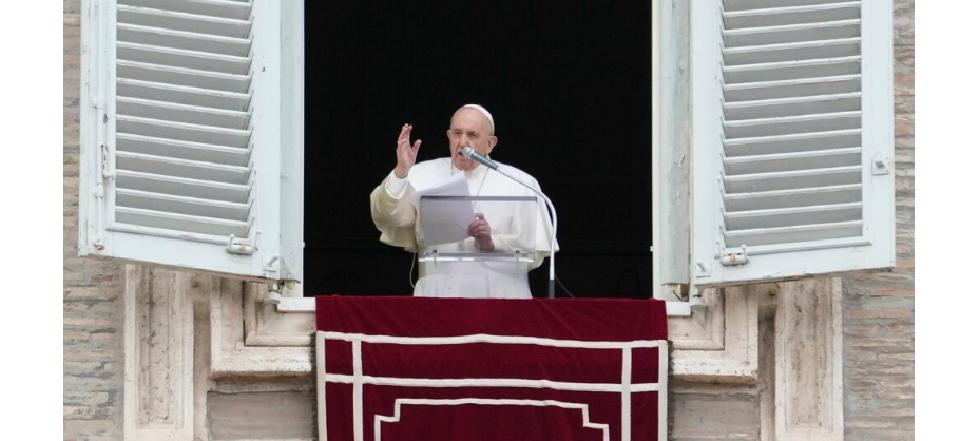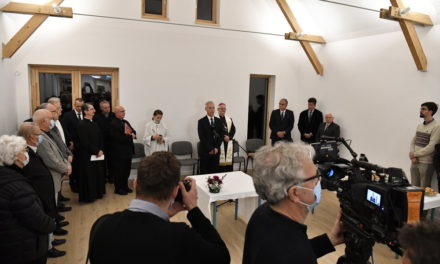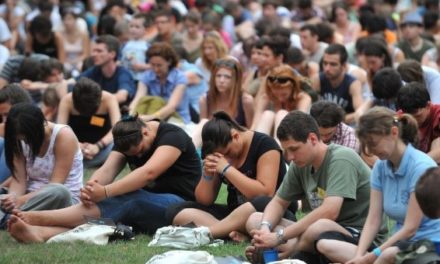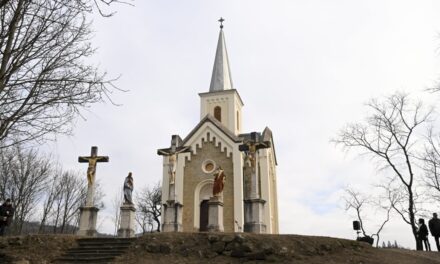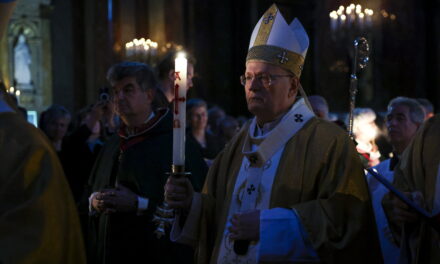On December 11, the third Sunday of Advent, the Holy Father, starting from the daily Gospel, encouraged the faithful who gathered for the prayer of the Lord's Angel in the south to reexamine their image of God and their neighbors and to discard their rigid schemes and prejudices. Magyar Kurír published the translation of the head of the church's entire speech, from which details were quoted by Vasarnap.hu.
"My dear brothers and sisters, have a blessed Sunday!
The Gospel of the third Sunday of Advent tells of John the Baptist, imprisoned in prison, who sends his disciples to ask Jesus: "Are you the one who should come, or should we expect someone else?" (Matthew 11:4). Because in John, when he heard about Jesus' actions, doubts arose as to whether he really was the Messiah or not. He envisioned a stern Messiah, one who would come and deliver justice with power and punish sinners. Now, however, Jesus' words and gestures bear witness to compassion for everyone, his actions are centered on forgiving mercy, as a result of which "the blind see again, the lame walk, the lepers are cleansed, the deaf hear, the dead are raised, and the poor are told the good news" ( Matthew 11:5).
However, it is good for us to dwell on this crisis of János Keresztelő, because he can say something important to us as well.
The text emphasizes that John is in prison, and this directs our thoughts beyond the physical place to the inner state he experiences: in prison there is darkness, there is no possibility to see clearly and look beyond the walls. John the Baptist is no longer able to recognize Jesus as the expected Messiah. He is tormented by doubts and sends his disciples to make sure: "Go and see whether he is the Messiah or not." We were surprised that this happened to John, who baptized Jesus in the Jordan and pointed to him as the Lamb of God in front of his disciples (cf. Jn 1:29). This means that even the biggest believer goes through the tunnel of doubt. And that's not a bad thing; on the contrary, it is sometimes essential for spiritual growth:
helps us understand that God is always bigger than we imagine; his actions are surprising, different from what we expected; his actions are different, always surpassing our needs and expectations; and therefore we must never stop looking for him and turn to his true face. A great theologian said that God "must be rediscovered step by step... sometimes thinking that we have lost it" (Henri de Lubac: Isten útjain, Vigilia, Budapest, 1995, 103). This is what the Baptist does: he still searches for him amid doubts, questions, "argues" with him, and finally discovers him again. John, whom Jesus called the greatest of those born of woman (cf. Mt 11:11), briefly teaches us not to lock God into our own schemes. This danger, this temptation, is always lurking for us: to make a God we like so that we can then use it. God is something else!
My brothers, sometimes we too find ourselves in such a situation, in an internal prison, and we are unable to recognize the newness of the Lord, perhaps we are prisoners of the assumption that we already know everything about him.
The full article from Vasarnap.hu can be read here.
Image: MTI

